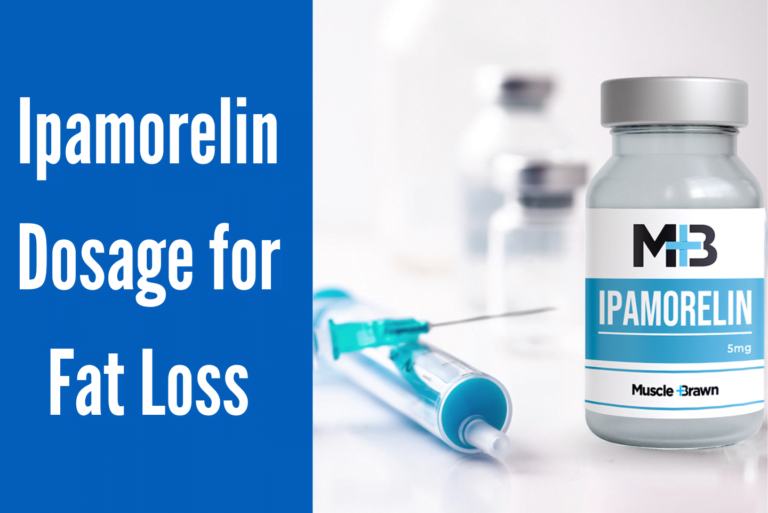The Devastating Impact of Flagyl Ruined My Life

Life is full of unexpected challenges. Sometimes, the medications we trust to improve our health can bring unforeseen complications. One such medication under scrutiny is Lagyl, also known as Metronidazole.
This antibiotic is commonly prescribed to treat bacterial infections, but it has led to severe and life-altering side effects for some. In this blog post, we will delve into the experiences of those who claim that Lagyl ruined their lives, explore the potential side effects, and provide guidance on what to do if you are in a similar situation.
What is Flagyl?
Flagyl, or Metronidazole, is an antibiotic widely used to treat infections caused by bacteria and parasites. It’s effective against conditions like bacterial vaginosis, trichomoniasis, and certain gut infections. Many doctors prescribe it without hesitation, given its broad-spectrum efficacy.
- Bacterial Vaginosis
- Trichomoniasis
- Amoebiasis
- Giardiasis
- Pelvic Inflammatory Disease (PID)
- Helicobacter Pylori (H. Pylori) Infections
How Flagyl Works
Flagyl inhibits the growth of bacteria and parasites by interfering with their DNA synthesis, effectively stopping them from multiplying and spreading. The typical dosage and duration depend on the type of infection being treated, but it’s often prescribed in pill form and taken two to three times daily for up to two weeks.
Common Side Effects of Flagyl ((Metronidazole)
Before diving into the more severe cases, it’s essential to understand the standard, less severe side effects associated with Metronidazole. These include:
- Nausea
- Metallic taste in the mouth
- Diarrhea
- Dizziness
- Headache
- Loss of appetite
Most patients experience these side effects mildly, often resolving once the treatment course is completed. However, for a small percentage of individuals, the side effects can be much more severe and debilitating.
Physical Symptoms Experienced
The physical symptoms escalated quickly. I began to suffer from severe abdominal pain, constant headaches, and relentless fatigue. My body felt like it was shutting down, making even the simplest tasks feel insurmountable.
The symptoms were debilitating, forcing me to take time off work and disrupting my daily routine.
Mental and Emotional Toll
The impact on my mental health was equally severe. I experienced intense mood swings, anxiety, and depression.
The psychological burden of dealing with constant physical pain, coupled with the uncertainty of what was happening to my body, became overwhelming.
Seeking Medical Help
Desperate for relief, I sought help from various healthcare professionals. Each visit was met with different responses.
Some doctors insisted that the side effects were normal and would subside, while others suggested alternative diagnoses.
The inconsistency in their responses only added to my confusion and frustration.
Misdiagnosis and Confusion
Initially, some doctors misdiagnosed my symptoms or dismissed them altogether.
It took multiple consultations and a lot of persistence to pinpoint that Flagyl was the root cause of my issues.
This journey to find the real reason was exhausting and disheartening.

Impact on Personal Life
The side effects of Flagyl significantly affected my personal life. My relationships suffered as I became more irritable and withdrawn.
Social events were beyond the question; even simple interactions felt like monumental tasks. Professionally, my performance plummeted, leading to strained relationships with colleagues and supervisors.
Alternative Treatments
In search of relief, I began exploring alternative treatments. Some doctors recommended probiotics to restore gut health, while others suggested dietary changes and supplements. I also looked into holistic approaches, such as acupuncture and herbal remedies, to alleviate the symptoms.
Alternatives to Flagyl
If you have experienced similar side effects from Flagyl or are concerned about taking this medication, alternative treatment options are available.
These include other antibiotics that may suit your condition, natural remedies, and lifestyle changes.
Consult with your healthcare provider to discuss the best course of treatment for your case.
Before starting any medication, it is essential to weigh its benefits and potential risks and closely monitor your body’s response.
Conclusion
Flagyl may be a commonly prescribed antibiotic, but it can have severe consequences for some individuals. While it has proven effective in treating bacterial infections, the potential for severe side effects should not be overlooked. Understanding the risks and being aware of any changes in your body while taking this medication is crucial.
If you have experienced adverse reactions to Flagyl, know you are not alone. Seeking support from healthcare professionals and making necessary lifestyle changes can aid in your recovery and prevent similar experiences in the future.
FAQs:
What are the common side effects of Flagyl?
Flagyl commonly causes nausea, a metallic taste in the mouth, and mild abdominal discomfort. However, severe side effects can include severe abdominal pain, headaches, and neurological symptoms.
Can Flagyl cause long-term health issues?
In some cases, Flagyl can lead to long-term health issues, particularly if the side effects are severe and not promptly addressed. Monitoring your symptoms and seeking medical advice if they persist is crucial.
How can I mitigate the side effects of Flagyl?
You can take Flagyl with food, stay hydrated, and avoid alcohol. Probiotics may also help maintain gut health during treatment.
Are there alternatives to Flagyl?
Yes, there are alternative antibiotics and treatments available. Your healthcare provider can recommend the best option based on your specific condition and medical history.





